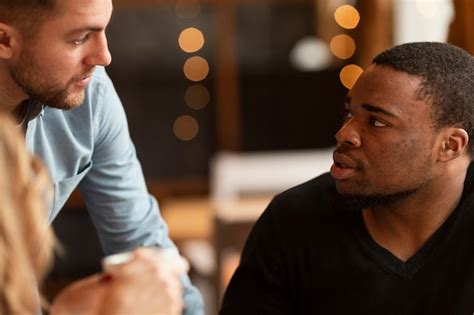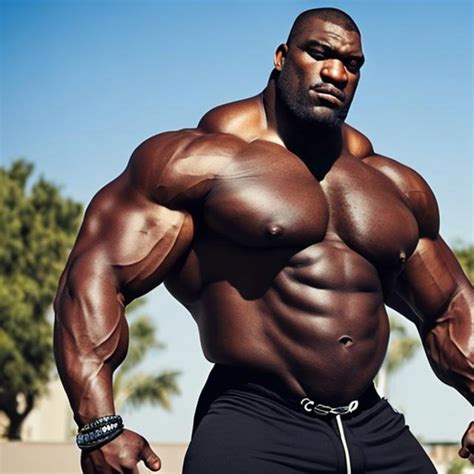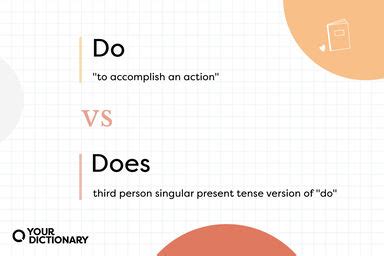The Unspoken Code: Men and Emotional Vulnerability in Friendships
For centuries, societal expectations have often dictated a stoic ideal for men, promoting strength, self-reliance, and a guarded approach to emotions. While this narrative is slowly but surely shifting, the journey of navigating emotional vulnerability within closest platonic friendships remains a complex and deeply personal one for many men. Unlike some female friendships which often feature direct emotional sharing as a cornerstone, male friendships frequently forge intimacy through shared activities, humor, and a more indirect form of emotional communication.
This dynamic raises questions about how genuine connection is fostered, how support is given, and what it truly means for men to ‘open up’ to their friends.

Shared Activities as Emotional Bridges
One of the most common avenues for male bonding and, by extension, emotional expression, is through shared experiences and activities. Whether it’s playing sports, working on a project, going to a concert, or simply watching a game, these activities create a parallel space where men can connect without the explicit pressure of discussing feelings.
Within these shared pursuits, moments of vulnerability often emerge organically. A quiet conversation during a fishing trip, a commiserating laugh after a defeat, or supportive banter during a tough challenge can all serve as subtle conduits for emotional intimacy. The doing becomes a backdrop for the feeling, allowing comfort and trust to build incrementally.

The Art of Indirect Communication
Direct declarations of emotional struggle can feel unfamiliar or even uncomfortable for some men, especially those conditioned by traditional norms. Instead, vulnerability often manifests through indirect communication. Humor, for instance, can be a powerful tool, allowing men to address sensitive topics lightly, testing the waters before diving deeper. Sarcasm or self-deprecating jokes might mask deeper anxieties, inviting friends to ‘read between the lines.’
Another common approach is the ‘venting’ session, which focuses on external circumstances rather than internal emotional states. A man might complain about work, a difficult situation, or a partner’s behavior, implicitly seeking empathy and understanding without explicitly stating, ‘I feel sad’ or ‘I am struggling.’ His closest friends learn to interpret these cues, offering support through listening, problem-solving, or simply being present.
Trust, History, and the Safe Container
The depth of emotional vulnerability a man might display is heavily dependent on the level of trust and shared history within a friendship. His closest platonic friendships often serve as the safest containers for these deeper expressions. These are the friends who have witnessed triumphs and failures, weathered storms together, and proven their loyalty over time. In such relationships, the fear of judgment or rejection is significantly reduced, creating an environment where a man might feel comfortable enough to shed his emotional armor.
This might involve admitting mistakes, sharing fears about the future, discussing relationship struggles, or even expressing affection. The ‘bro code,’ often misconstrued as a barrier to emotion, can, in its truest form, represent an unspoken pact of unwavering support and confidentiality, allowing for vulnerability to flourish.

Breaking the Mold: Evolving Norms
While traditional patterns persist, there’s an undeniable shift occurring, particularly among younger generations. Increased awareness around mental health, the dismantling of toxic masculinity, and a greater emphasis on authentic connection are encouraging more men to embrace emotional vulnerability. Social media and public figures who openly discuss their struggles also play a role in normalizing these conversations.
This evolution means that some men are actively seeking out and fostering friendships where direct emotional sharing is not only accepted but encouraged. They are challenging the old scripts and discovering the profound strength that comes from allowing oneself to be truly seen by a trusted friend.

Fostering Deeper Connections
For men looking to deepen their platonic friendships through greater emotional vulnerability, and for their friends seeking to support them, several approaches can be beneficial:
- Create intentional spaces: Sometimes, scheduling a specific time to ‘check in’ can open doors that casual conversations don’t.
- Practice active listening: Truly hearing and validating a friend’s experience, without immediately offering solutions unless asked, is crucial.
- Lead by example: Sharing one’s own struggles in a thoughtful, measured way can create a safe space for others to reciprocate.
- Recognize indirect cues: Understand that a friend might express distress or need in ways that aren’t overtly emotional.
- Affirm support: Explicitly letting friends know they are there for them, no matter what, can be incredibly powerful.

Conclusion
The navigation of emotional vulnerability in men’s closest platonic friendships is a testament to the resilience and adaptability of human connection. While paths may vary, from subtle non-verbal cues to more direct conversations, the underlying need for genuine intimacy and support remains universal. As societal norms continue to evolve, there is growing recognition of the profound benefits that emotionally rich male friendships offer, contributing not only to individual well-being but to a more empathetic and connected society as a whole.



